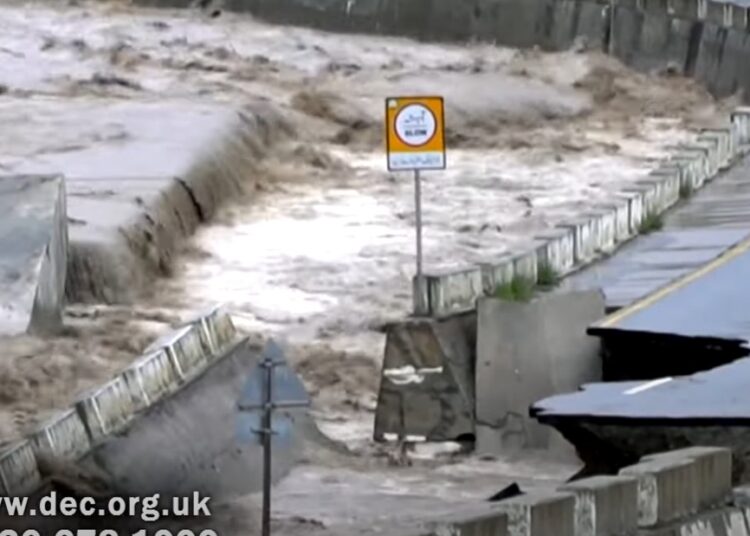Malala Yousafzai is visiting flood victims in Pakistan, her native country. But this is also the 10th anniversary of the Taliban’s attempt to murder her, an action that changed not only Malala’s life, but women’s rights in Pakistan and the world.
Only 25 years old, she already has a long and complex history. In Pakistan, her place of birth, she is venerated by some as a hero while others consider her an agitator who should be silenced. The Taliban already tried to do just that when she was merely 15 years old.

Malala had caught their attention by advocating for education for girls, a passion that her father, a teacher and activist, had drummed into her from her earliest years. Unable to silence her radio broadcast or her BBC blog, when she reached out to the US for support for her cause the Taliban took action.
A Pakistani Taliban spokesman said they were “forced” to act. In a meeting held in the summer of 2012, Taliban leaders unanimously agreed to kill her.
On October 9, 2012, a Taliban gunman shot Yousafzai as she rode home on a bus after taking an exam in Pakistan’s Swat Valley. Yousafzai was 15 years old at the time. According to reports, a masked gunman shouted: “Which one of you is Malala? Speak up, otherwise I will shoot you all.” Upon being identified, Yousafzai was shot with one bullet, which travelled 18 inches (46 cm) from the side of her left eye, through her neck and landed in her shoulder.
She was first cared for in Pakistan, then Germany and eventually in Great Britain, where she and her family were later relocated for their safety. Not only did this murder attempt not silence Malala, but she went on to become an international spokesperson and celebrity, championing the cause of girls’ education in Pakistan and by extension, the world.
The Taliban badly miscalculated the consequences of their action. Aiming to silence her criticism and loud protests for girl’s education, instead they lit a fire that changed the discourse on the subject. The attempt on her life received worldwide media coverage and produced an outpouring of sympathy and anger. Protests against the shooting were held in several Pakistani cities the day after the attack, and over 2 million people signed the Right to Education campaign’s petition, which led to ratification of the first Right to Education Bill in Pakistan.
Former British Prime Minister Gordon Brown arranged for Yousafzai’s appearance before the United Nations and on 12 July 2013, Yousafzai’s 16th birthday, she spoke at the UN to call for worldwide access to education. The UN dubbed the event “Malala Day”. In October 2014, she was (co)awarded the Nobel Peace Prize “for her struggle against the suppression of children and young people and for the right of all children to education.”
Now Malala has returned to Pakistan to comfort the victims and to focus the attention of the world on the their plight as the nation has recently experienced catastrophic floods that have left a third of Pakistan underwater.
The Taliban’s attempt to kill her catapulted Malala into global celebrity, making her an icon and a beacon of hope for children and women’s rights all over the world. Now she hopes that her visibility can do the same for her flood-plagued Pakistan.












